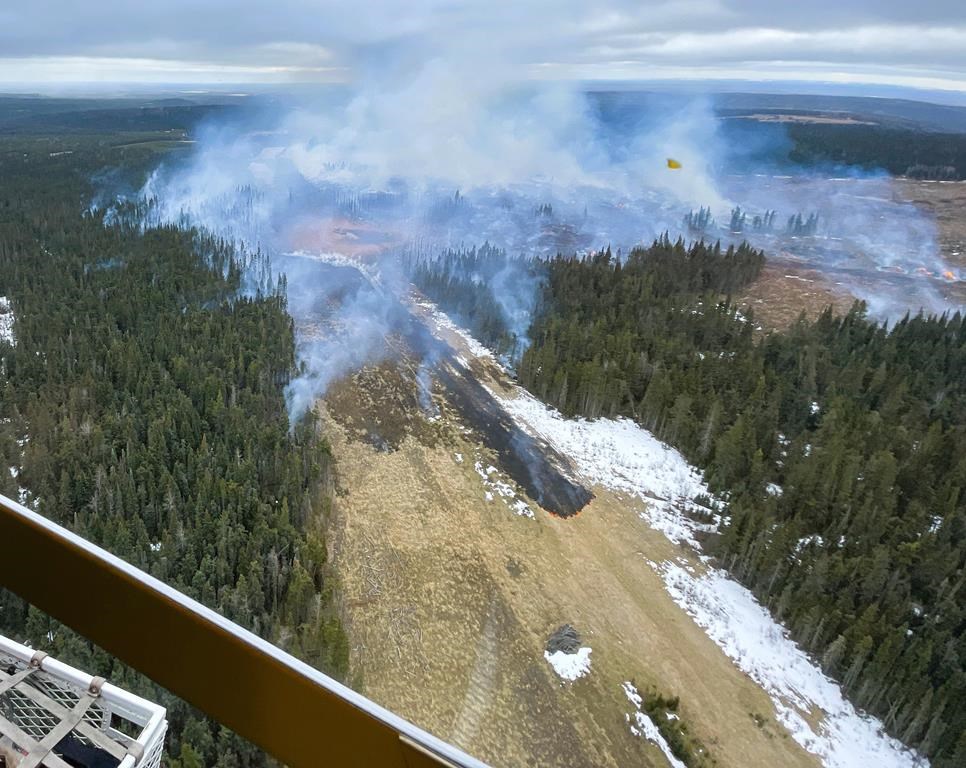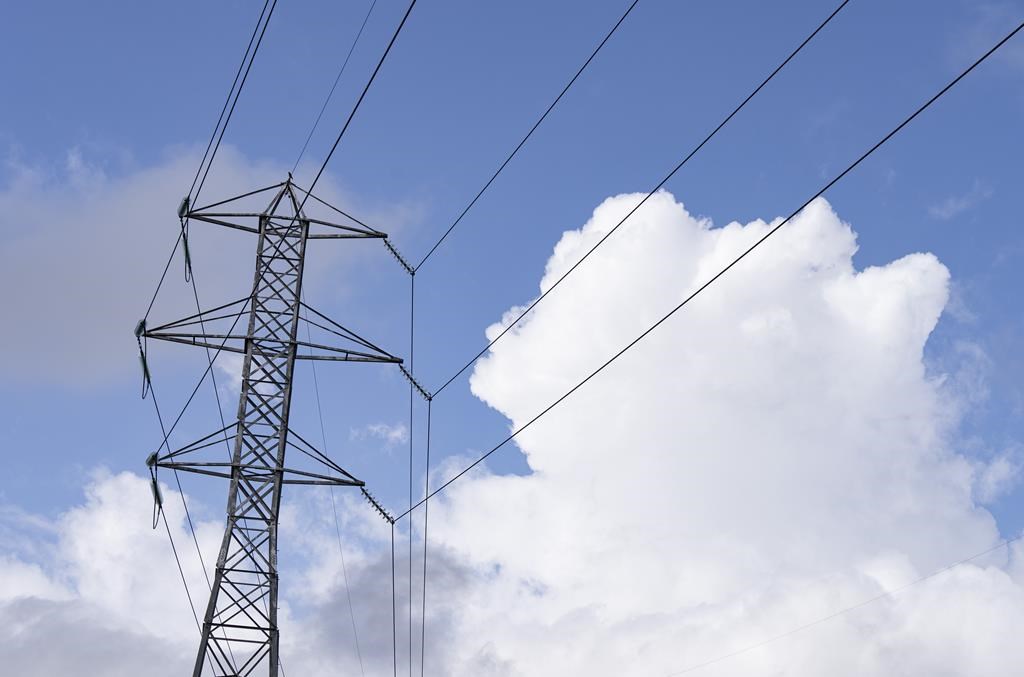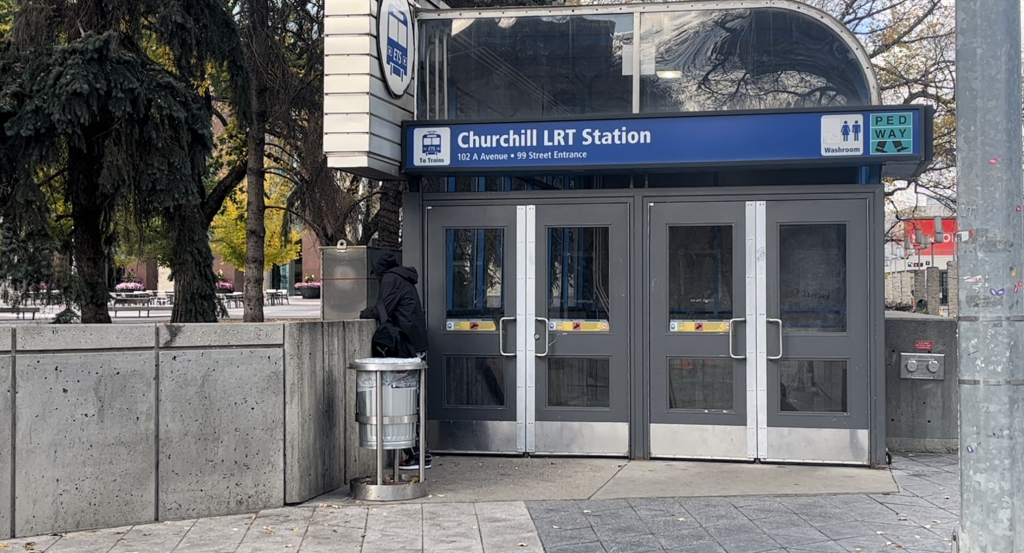No laws being broken by political text messages in Alberta
Posted March 11, 2019 3:08 pm.
Last Updated March 11, 2019 3:16 pm.
This article is more than 5 years old.
CALGARY (660 NEWS) — It was Jimi Hendrix who said that the wind cries Mary, but in Alberta, some voters are crying foul over text messages from Mary.
The messages pinging thousands of phones are coming from the United Conservative Party, asking people who they plan on voting for in the still yet-to-be-called provincial election.
Although they may be disruptive, no legal boundaries are being crossed.
“Parties and candidates are allowed by law to contact constituents across the province to get their election advertising messages out — whether it’s to support the party or their candidates, or to solicit funds for membership in the party, or election signs on their lawn and things like that,” said Elections Alberta Deputy Chief Electoral Officer Drew Westwater.
READ MORE: With elections looming, here come the robocalls and text messages from political parties
The NDP has also sent out similar messages in the past, asking people if they approve of the government’s handling of pipeline projects.
The content of the message does not matter, according to Elections Alberta or CRTC rules, but there needs to be an option for people to stop receiving them.
“Parties are exempt from the do not call list which is registered federally — you know where you get commercial advertisers and propagandists trying to sell you stuff all the time on the phones — they’re not allowed to call you if you’re on that list,” added Westwater. “However, parties for political purposes are exempt from that, so they are allowed to contact you unless you request to be removed.”
So the helpful thing with these messages is that the sender’s number is included. Under law, the sender has 14 days to take you off of that list if you contact it and request to be removed.
Another question people have is how the parties are getting their personal cell phone numbers.
Westwater said it could be a number of different ways.
“Under the Election Act, we are providing them with a copy of the “voter’s list”. And the voter’s list contains the name, address and if it’s been provided by the elector in the past — the telephone number. Generally, parties subscribe to a number of commercial agencies that sell telephone numbers to contact and send out text messages.”
Westwater understands that the messages may be frustrating, especially since the election has not been called, but we should get used to it.
“It’s part of the political process, there’s going to be a lot of signs going up, you’re going to get lots of messages and calls from the political parties. It is all part of the democratic process.”








